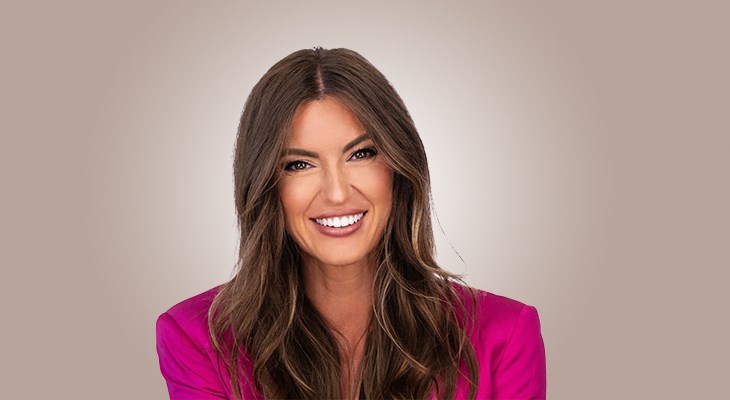One of the questions Ashley Hawks' mentor made sure that she asked herself as she prepared to sell her business, Forever Bride, is, why are you selling?
"Are you mentally prepared to end this chapter of your life?" she told attendees at the Minneapolis Smart Business Dealmakers Conference. "A lot of business owners were visionaries? We put our blood, sweat and tears into this. It's part of our identity. And you have to make sure that you're ready to close that chapter."
Another consideration for owners is how important is their identity to the brand and what might be the consequences if the two are separated. For example, could customers disengage if the CEO they associate with the brand is no longer part of the business?
"So, you have to make sure that it's a piece that's able to be passed on," Hawks says. "The processes are in place, the systems, where I can be taken out of the equation and it can still be very profitable for the next leadership team."
The best time to start planning to sell a business is from the very beginning, as it allows the founder to make that their North Star.
"We decided from the beginning that eventually, someday, we were going to exit the business," she says. "And that helped us make some of those important decisions along the way. None of us know exactly when, there's a lot of things that are out of our timing, but there's a lot of things that you can do early on that will set you up for success later down the road."
Being prepared by having their books in order and doing their due diligence when she sold her business in 2022 to David's Bridal meant the back and forth between her company and the buyer was almost non-existent. The less back and forth means the costs of the service providers — lawyers, etc. — are reduced. She says it also helped develop a lot of trust between her company and the potential buyer.
"There's nothing to hide," she says. "There's nothing for us to explain or nothing that we had to take care of in advance or kind of sweep under the rug. It was really clear and transparent from day one."
There were a couple different parties that were interested in buying her business. One of the things that tilted the decision to go with David's was that they took the time to understand her story, what she was trying to build and why it was so important to her.
"And they really made me trust them, that they were going to take my baby and they were going to do what I always wanted to do with it; that they are going to take really good care of it," Hawks says. "Because yes, it's transactional. But at the end of the day, it is very, very emotional."
However, for service providers, a transaction can often be another day at the office and not emotionally charged. She says if those service providers and seasoned buyers can slow down and take the time to hear the founder's story, it can help the process be so much smoother.
"One of the best pieces of advice I got when I was going through this process is a friend of mine said, 'Be prepared to bury the business,'" she says. "Even though it's going to them, it's going to live on, it's not going to be the same and that's OK. They're going to do things to it that you wouldn't do, they're going to make decisions that you don't agree with — it's going to look different, feel different. And sometimes you might go, 'Oh, don't do that.' And they're going to do it anyways. And that's fine."




